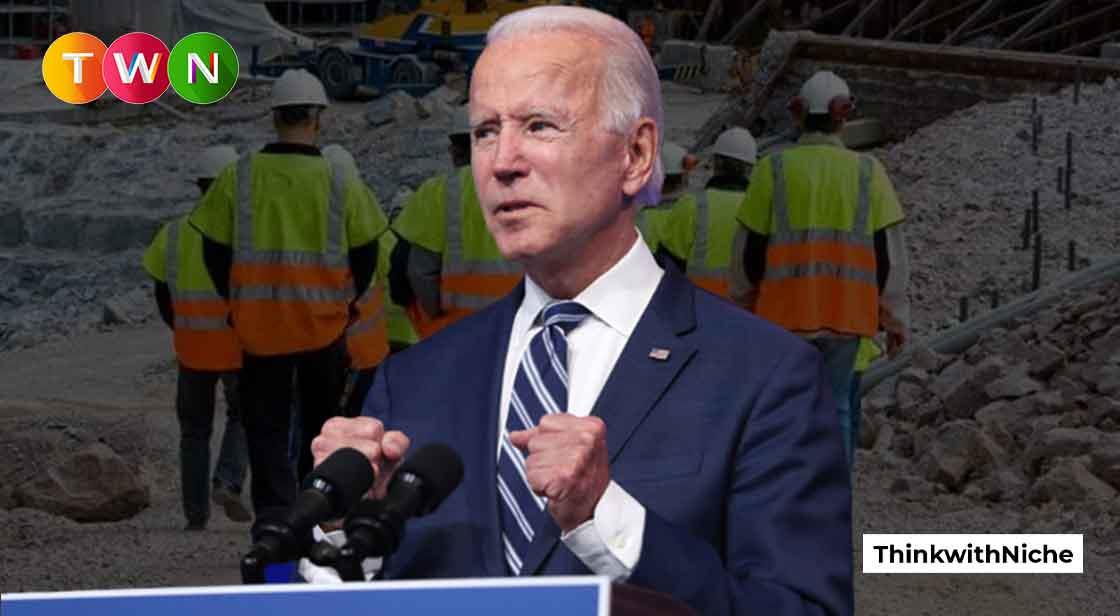Biden Administration Pushes Wages for Construction Workers

News Synopsis
The Biden administration has proposed changes designed to push up wages for workers at federally funded construction projects.
Officials said the proposal would rewrite the rules surrounding the Davis Bacon Act, a 90-year-old law that applies to government contractors, in order to better accommodate the increase in overtime pay for construction workers. Many of the changes will take place in the 1983 overhaul enacted under the Reagan administration.
By law, government contractors must pay the same wages that local workers receive for similar types of construction work. The Labor Department surveys contractors nationwide and publishes over 100,000 prevailing wage rates applicable to all types of construction work in all counties in the United States of America.
According to the Labor Department, construction worker pay has risen rapidly over the past few years. Average hourly earnings in the industry rose 5.1% from the year before in February 2022. Earnings rose 5.2% in January, recording the fastest wage growth since 2007.
This proposal will also bring technological changes to the way agencies calculate applicable wages. Currently, if surveys do not show that at least 51% of workers earn similar wages, authorities will use the weighted average of all survey responses. Under the proposal, the agency will only use the weighted average of at least 30% of the workers who do not earn similar wages.
The proposal will also protect workers from retaliation for reporting inadequate wages on construction projects and because they provide more transparency to general wages, contractors will know how much they have to pay before bidding on a federal construction project.
The changes are introduced as the government gets ready to spend around $1 trillion over five years on new infrastructure projects under the Bipartisan law signed by President Joe Biden in November.









